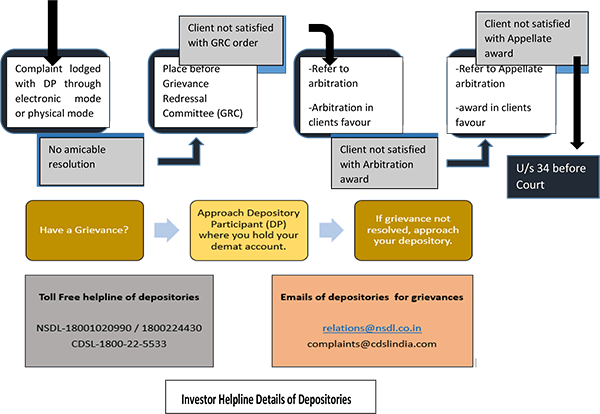The Indian stock market settlement cycle refers to the process of settling trades in the stock market. It is important for investors and traders to understand the settlement cycle, as it determines when they will receive their funds or securities after a trade is executed.
In this blog, we will discuss the Indian stock market settlement cycle and all its important facts and figures.
T+1 and T+2 Settlement Cycles
In India, the stock market operates on a T+2 settlement cycle. This means that after a trade is executed, the settlement process begins, and the funds or securities are transferred between the buyer and the seller two trading days after the transaction date. For example, if a trade is executed on Monday (T), the settlement will take place on Wednesday (T+2).
However, for government securities and treasury bills, the settlement cycle is T+1, which means that the settlement takes place one trading day after the transaction date.
Settlement Process
The settlement process involves various intermediaries, including stockbrokers, depositories, clearing corporations, and banks. Here is a step-by-step overview of the settlement process in India:
1. Trade Execution: The first step in the settlement process is trade execution. A trade is executed when a buyer and seller agree on the price and quantity of a security.
2. Trade Confirmation: After the trade is executed, the stockbroker sends a trade confirmation to the investor.
3. Clearing: The clearing corporation verifies the trade details and calculates the obligations of the buyer and seller.
4. Settlement: The depository transfers the securities from the seller’s account to the buyer’s account, and the funds are transferred from the buyer’s bank account to the seller’s bank account.
5. Reconciliation: The clearing corporation reconciles the trades, confirms the obligations of the buyers and sellers and settles any discrepancies.
Example
Let’s say that Mr. Sharma, an investor, buys 100 shares of ABC Ltd. from Mr. Gupta for Rs. 100 per share on Monday (T). The total value of the trade is Rs. 10,000 (100 shares x Rs. 100 per share).
The settlement process for this trade will begin on Monday (T) itself, with the trade confirmation being sent by the stockbroker to both Mr. Sharma and Mr. Gupta.
On Tuesday (T+1), the clearing corporation will verify the trade details and calculate the obligations of Mr. Sharma and Mr. Gupta. The depository will also freeze 100 shares of ABC Ltd. in Mr. Gupta’s account and transfer them to Mr. Sharma’s account on Wednesday (T+2).
On Wednesday (T+2), the settlement will take place, with the depository transferring the 100 shares of ABC Ltd. from Mr. Gupta’s account to Mr. Sharma’s account. At the same time, Rs. 10,000 will be transferred from Mr. Sharma’s bank account to Mr. Gupta’s bank account.
Once the settlement is completed, Mr. Sharma will become the owner of 100 shares of ABC Ltd. and Mr. Gupta will receive Rs. 10,000 for selling the shares.
Importance of Settlement Cycle
The settlement cycle is important because it determines when investors and traders will receive their funds or securities after a trade is executed. It also affects the liquidity of the market and the margin requirements for traders.
In India, the T+2 settlements cycle provides enough time for the settlement process to be completed smoothly. However, it can also lead to increased margin requirements for traders who hold positions overnight. This is because they are exposed to market risk for an extra day, and the margin requirements are adjusted accordingly.
Conclusion
Understanding the Indian stock market settlement cycle is essential for investors and traders who want to participate in the stock market.
The T+2 settlement cycle provides enough time for the settlement process to be completed smoothly, and it ensures the timely transfer of funds and securities between buyers and sellers. It is important to keep in mind the settlement cycle while trading in the stock market and plan
the trades accordingly.
With Gainn’s advanced solutions, speed up your investment returns, allowing you to quickly reinvest your profits. Enjoy faster access to your funds and accelerate your investment growth.
Leverage the benefits of our best-in-class fintech platforms to optimize your trading strategy and increase your portfolio performance. Take advantage of our streamlined system to reduce your trading risks and improve your liquidity management.
With Gainn’s advanced technology, enhance your trading experience and achieve your investment goals more effectively.




